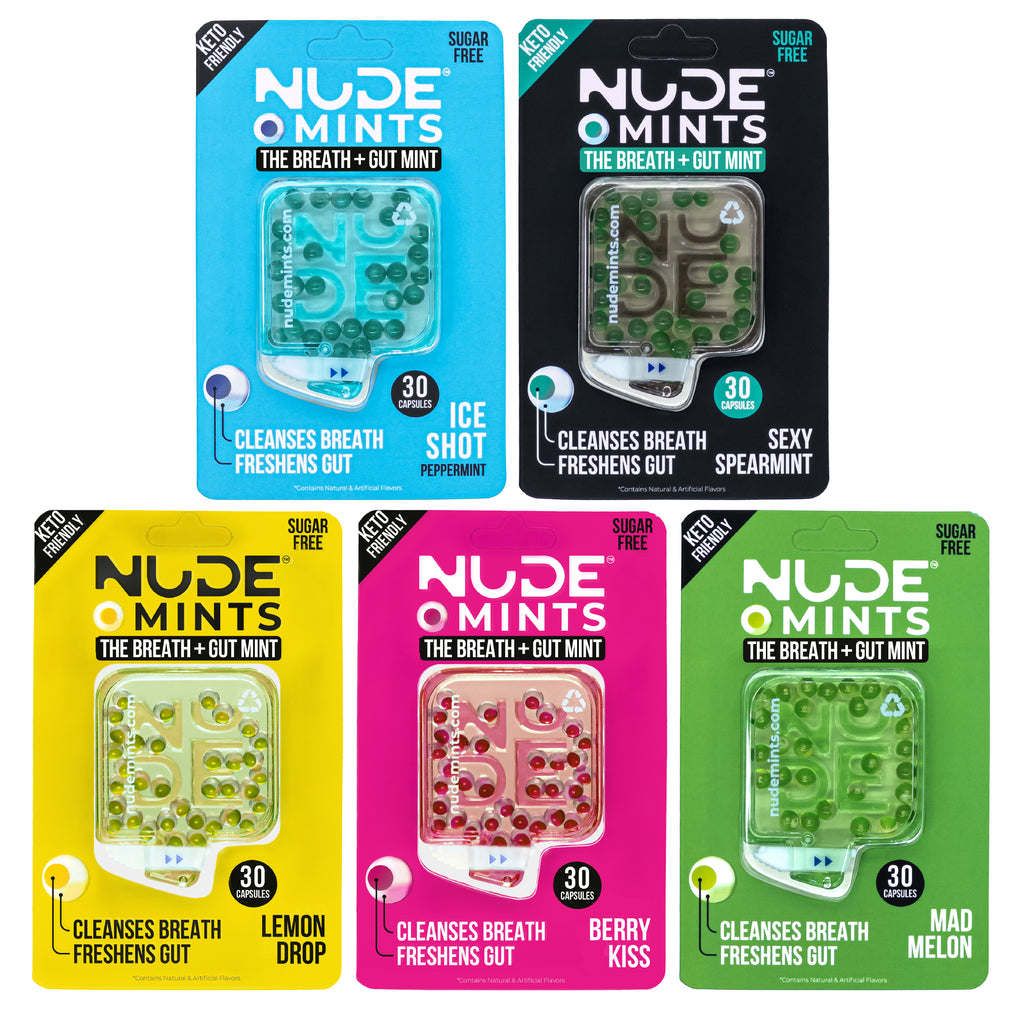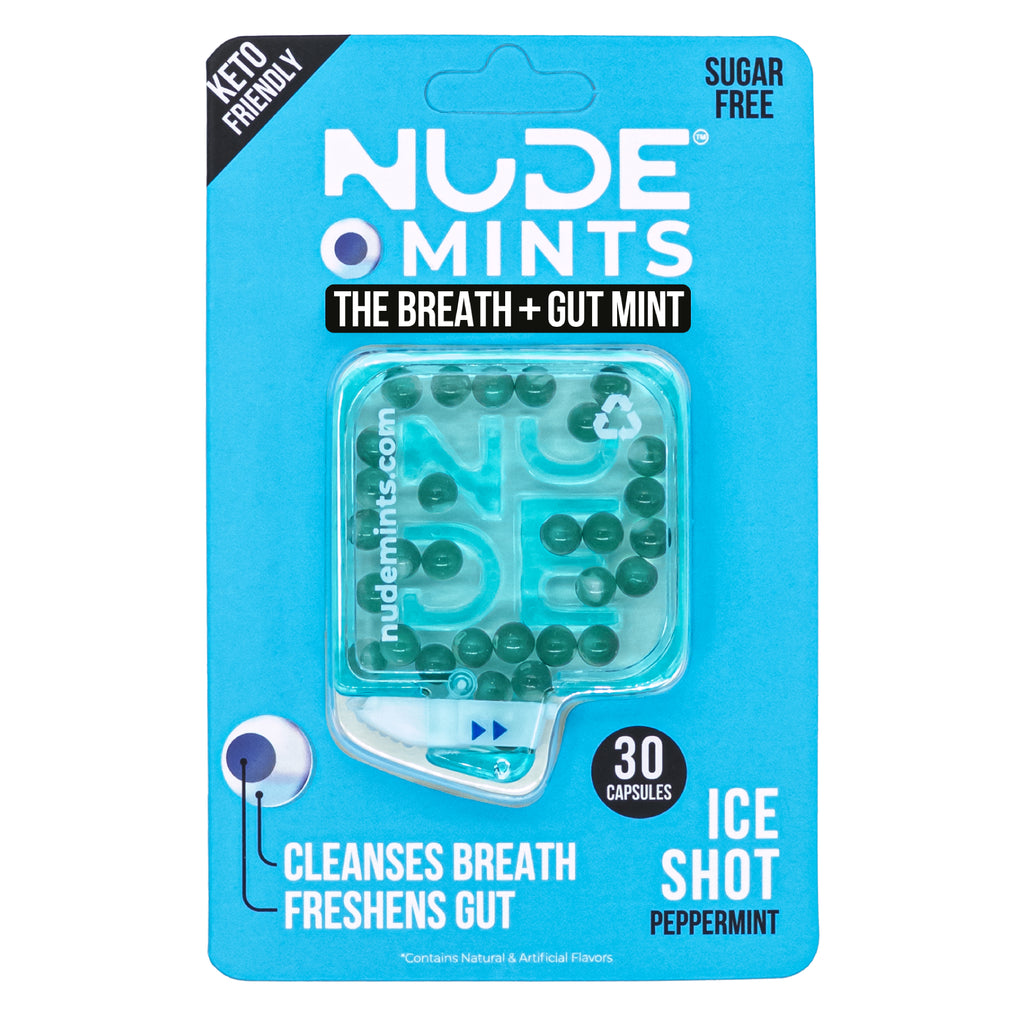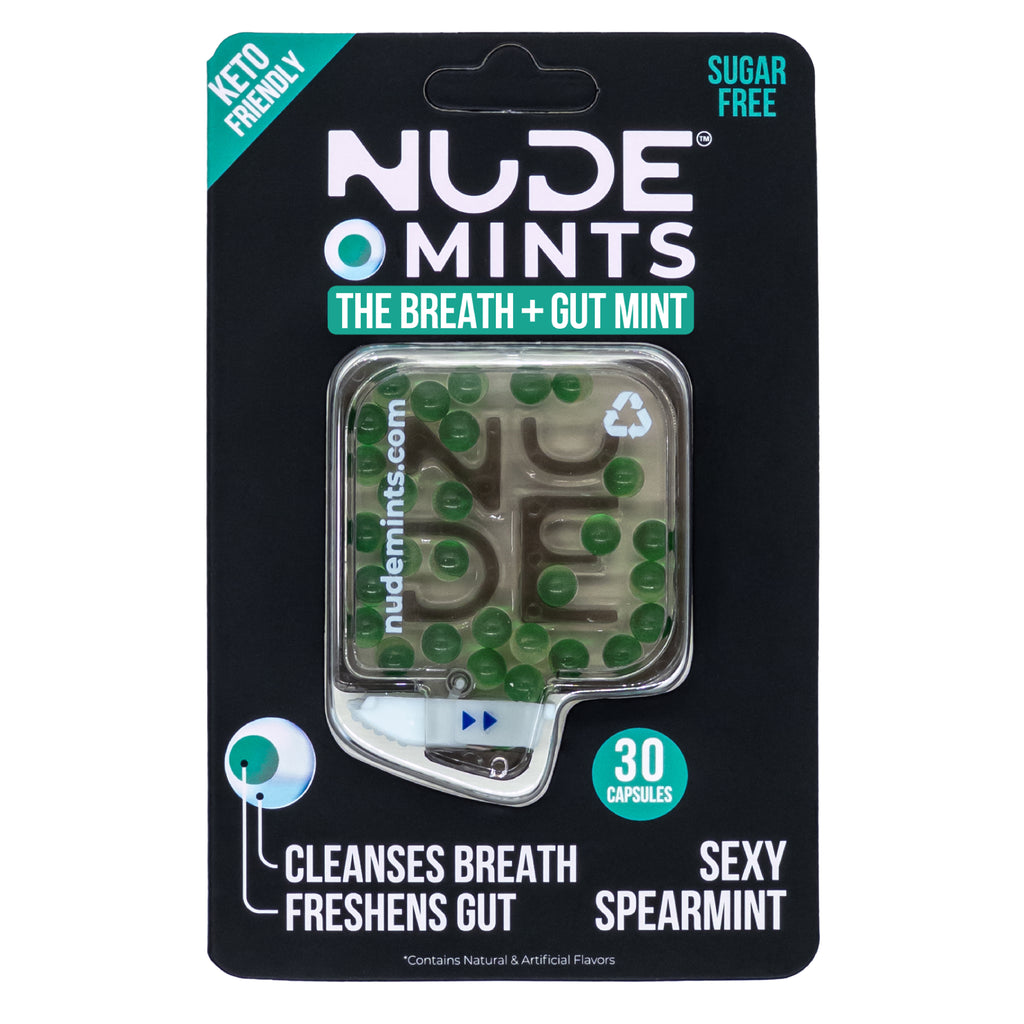Impact of Medications on Smelly Burps: Causes and Solutions
-
At some point in our lives, we've all experienced smelly burps, also known as sulfur burps. It's not uncommon to experience them after eating certain foods or due to a digestive issue. However, did you know that medications can also cause smelly burps?
Certain medications can affect the digestive system and cause an imbalance in the gut bacteria, which can lead to smelly burps. In this article, we'll take a closer look at the effect of medications on smelly burps and what you can do to alleviate the symptoms.
Antibiotics
Antibiotics are a common medication used to treat bacterial infections. However, they can also kill off the good bacteria in your gut, leading to an overgrowth of harmful bacteria. This imbalance can cause smelly burps and other digestive issues such as diarrhea and bloating.
If you're taking antibiotics, it's important to take them as prescribed and to finish the entire course of treatment. This will help prevent the development of antibiotic-resistant bacteria and reduce the risk of smelly burps and other digestive issues.
Proton Pump Inhibitors
Proton pump inhibitors (PPIs) are a type of medication used to treat acid reflux and other gastrointestinal disorders. They work by reducing the amount of acid produced in the stomach. However, a reduction in stomach acid can also lead to an overgrowth of bacteria in the gut, causing smelly burps.
If you're taking PPIs, it's important to talk to your doctor about the potential side effects and to only take them as prescribed. You may also want to consider taking a probiotic supplement to help restore the balance of good bacteria in your gut.
Non-Steroidal Anti-Inflammatory Drugs
Non-steroidal anti-inflammatory drugs (NSAIDs) are commonly used to treat pain and inflammation. However, they can also irritate the stomach lining, leading to an increase in stomach acid and the development of smelly burps.
If you're taking NSAIDs, it's important to take them with food and to only take them as prescribed. You may also want to consider taking an antacid or a proton pump inhibitor to help reduce the risk of smelly burps and other digestive issues.
Other Medications
Other medications that can cause smelly burps include metformin, used to treat diabetes, and some chemotherapy drugs. If you're taking any medication and experiencing smelly burps or other digestive issues, it's important to talk to your doctor about the potential side effects and to explore alternative treatment options.
Conclusion
Medications can disrupt the balance of good bacteria in your gut and lead to smelly burps. If you're experiencing this issue, talk to your doctor about the potential side effects of your medication and explore alternative treatment options. Additionally, maintaining a healthy diet and taking probiotics like Nude Mints can help restore the balance of good bacteria in your gut, reducing the risk of smelly burps and other digestive issues. Consider incorporating Nude Mints into your daily routine to support a healthy digestive system.
If you're looking for effective way to support your digestive health, give Nude Mints a try today. These mints can help reduce the risk of smelly burps and other digestive issues. Don't let medications disrupt your digestive system - try Nude Mints and experience the difference for yourself!
Get the freshest news on your favorite mouth cleanser and gut freshener!
Read More
-
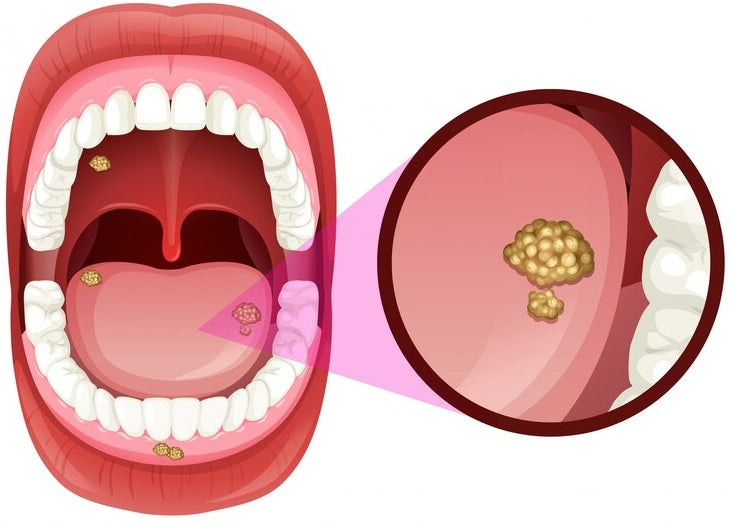
Halitosis: Understanding the Causes, Diagnosis, and Treatment for Fresh Breath
Halitosis, commonly known as bad breath, is a condition that affects a large number of people worldwide. It can be an embarrassing and isolating experience, but it is important to know that it is a common problem and that there are effective treatments available. In this article, we will discuss the causes, diagnosis, and treatment of halitosis. Causes of Halitosis Halitosis can have several causes, both internal and external. The most common causes include poor oral hygiene, dry mouth, certain foods and drinks, smoking, and certain medical conditions. Poor Oral Hygiene Poor oral hygiene is the most common cause of halitosis. When food particles and bacteria build up in the mouth, they can cause an unpleasant odor. Brushing and flossing...
-
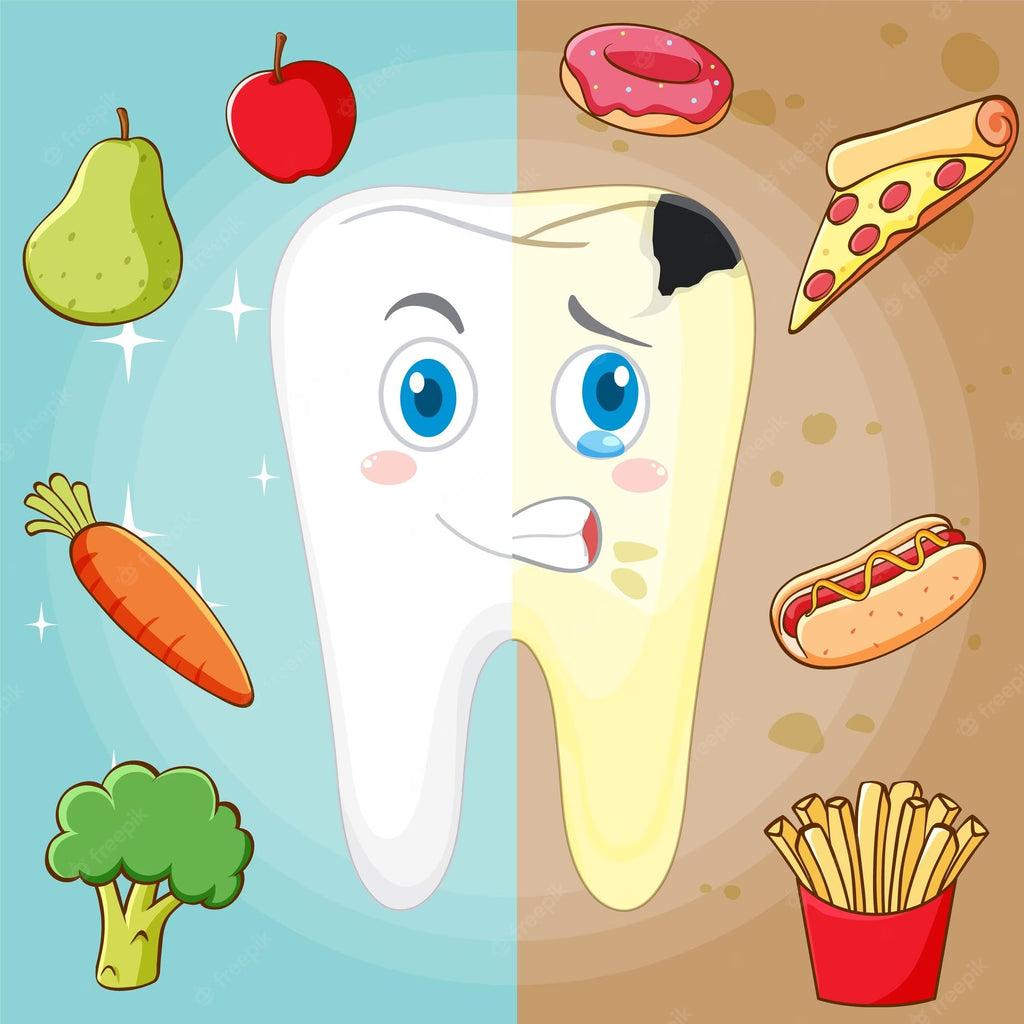
Crucial Connection Between Nutrition and Oral Health: Guide for Better Dental Care
As a dental health professional, we understand the importance of maintaining good oral hygiene to prevent cavities and gum disease. Brushing twice a day and flossing daily are essential habits, but did you know that nutrition also plays a crucial role in keeping your mouth healthy? In this article, we will explore the connection between nutrition and oral health and how you can make better food choices to support your dental health. How Nutrition Affects Oral Health Your diet can impact your oral health in many ways. A diet high in sugary and acidic foods can increase the risk of tooth decay and gum disease. When you eat sugary foods, the bacteria in your mouth feed on the sugar and...
-
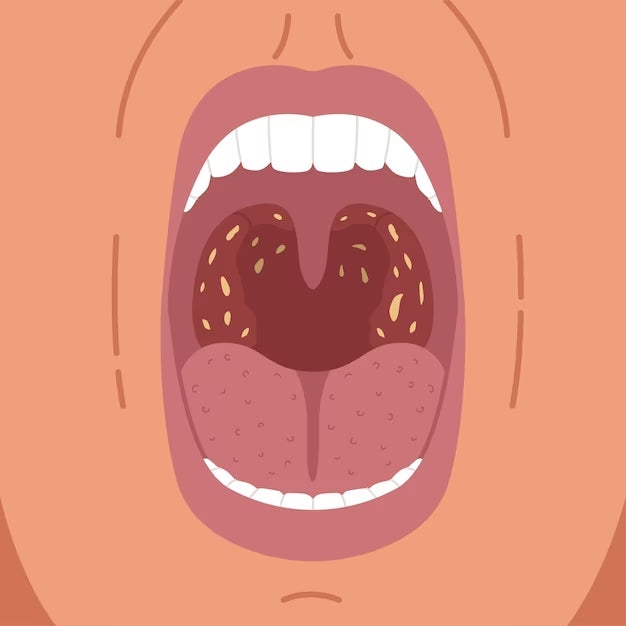
How to Treat Bad Breath Caused by Dry Mouth
Do you ever feel self-conscious about your breath? Do people avoid talking to you because of bad breath? Dry mouth, also known as xerostomia, can cause bad breath and make social interactions uncomfortable. In this article, we will discuss what causes dry mouth, how it leads to bad breath, and what you can do to treat it. Table of Contents What is dry mouth? Causes of dry mouth How dry mouth causes bad breath Signs and symptoms of dry mouth Diagnosis of dry mouth Treating dry mouth Home remedies for dry mouth Professional treatments for dry mouth Tips for maintaining oral hygiene Foods and drinks to avoid with dry mouth Conclusion FAQs What is dry mouth? Dry mouth occurs when...
-
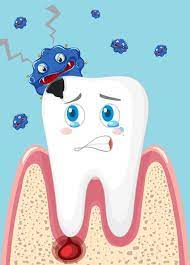
The Relationship Between Diabetes and Gum Disease: Understanding the Link
Diabetes and gum disease are two conditions that may seem unrelated, but research has shown that they are actually closely linked. In fact, individuals with diabetes are more likely to develop gum disease, and those with gum disease are more likely to have difficulty controlling their blood sugar levels. This article will explore the connection between diabetes and gum disease, and provide insights on how you can reduce your risk of developing both. The Relationship Between Diabetes and Gum Disease Diabetes is a condition that affects the body's ability to produce or respond to insulin, a hormone that regulates blood sugar levels. When blood sugar levels are consistently high, it can lead to a range of health complications, including nerve...
